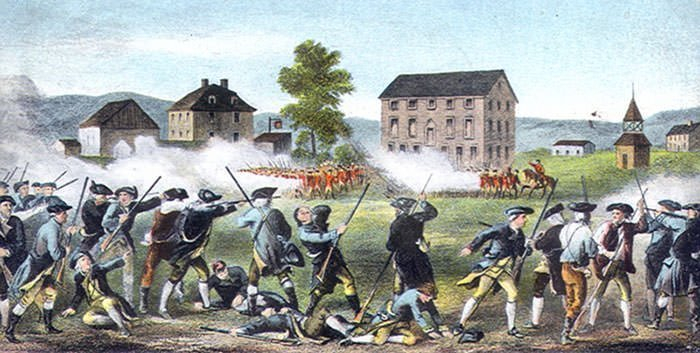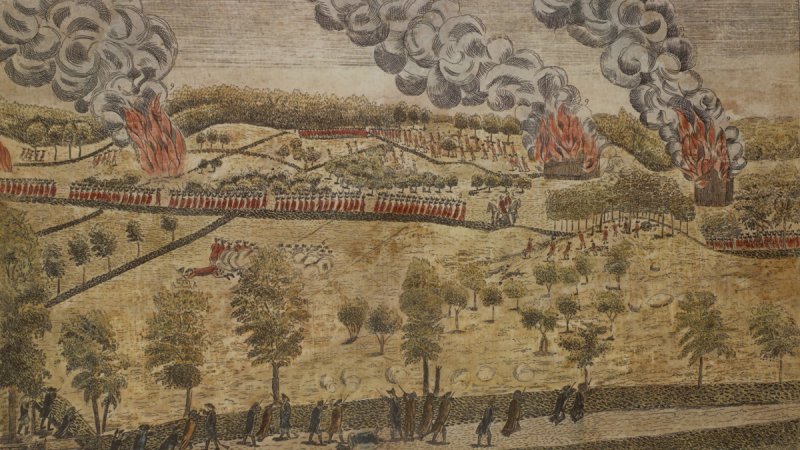British Did Not Appreciate The Americans
Prior to the fight, the British assumed that in the case of a war, the Americans would offer less of a threat. This was attributable to a number of factors. There was no standing army or navy in the colonies. In comparison, Britain had one of the best professional armies in the world, as well as the world's top fleet. The colonists had little expertise in warfare, and only a handful of them were officers. Furthermore, the colonies had little prior experience working together. In battle, the British had a low opinion of Americans. British Brig. Gen. James Wolfe, for example, referred to American soldiers as "cowardly hounds." As a result, the British felt confident in their military dominance, believing that a few humiliating defeats at their hands would be enough to put down the uprising.
On April 19, 1775, the Battles of Lexington and Concord, the Revolutionary War's first military engagements, took place. On June 17, two months later, another fight at Bunker Hill was fought. These two fights demonstrated to the British that their assumption that American citizen-soldiers could not stand up to British regulars was incorrect. In these battles, the British lost approximately 1,500 soldiers, more than three times the American toll. The fights were particularly crucial because their psychological benefits resulted in a tremendous boost in colonial morale, allowing the Continental Army to be formed quickly to fight the war.












